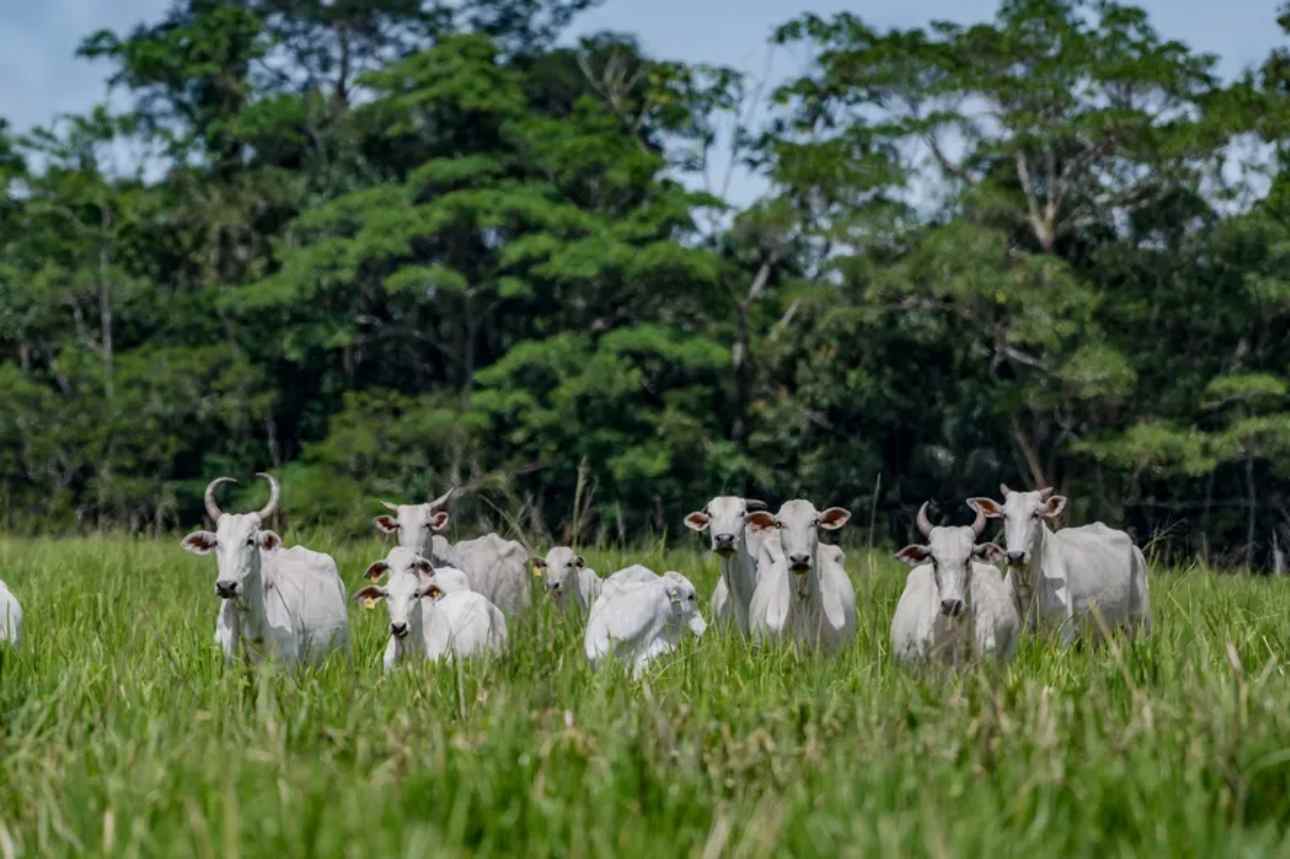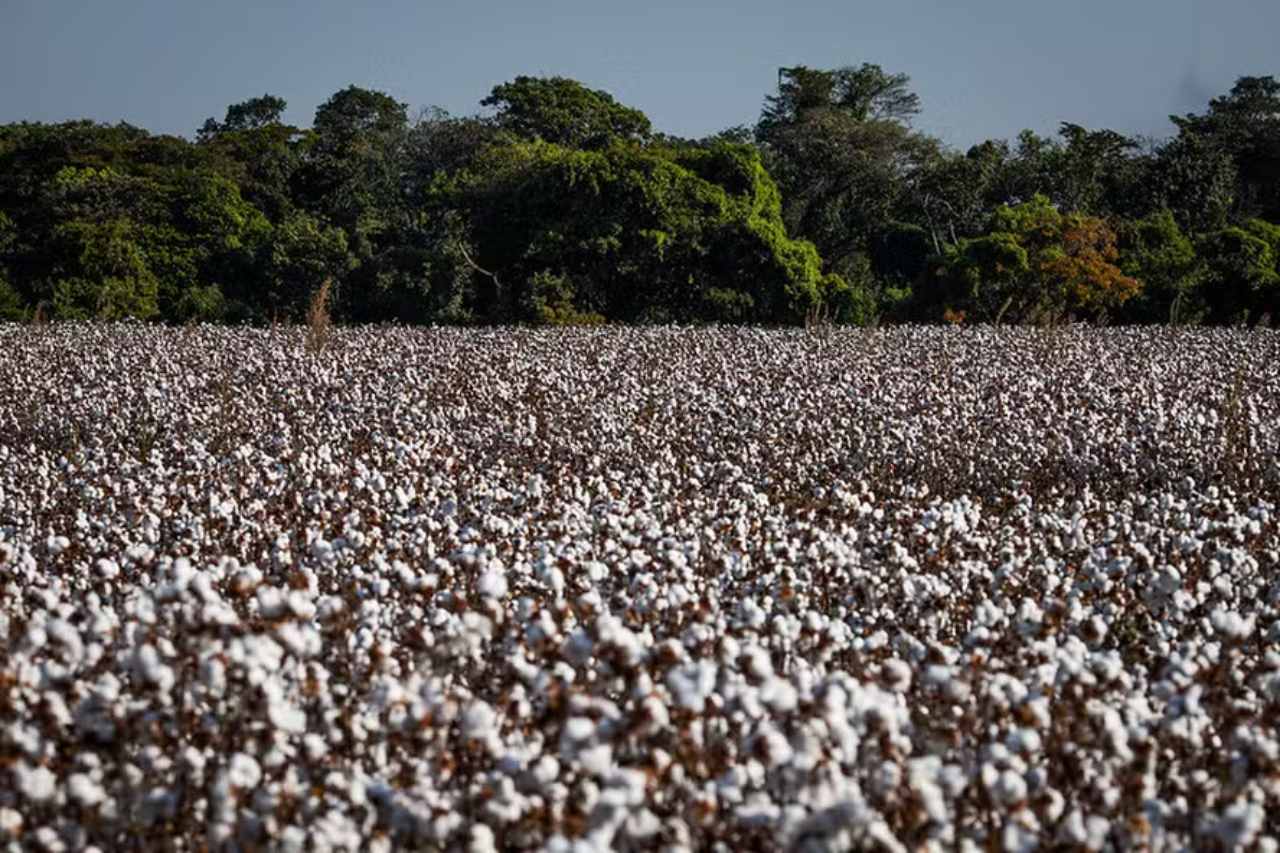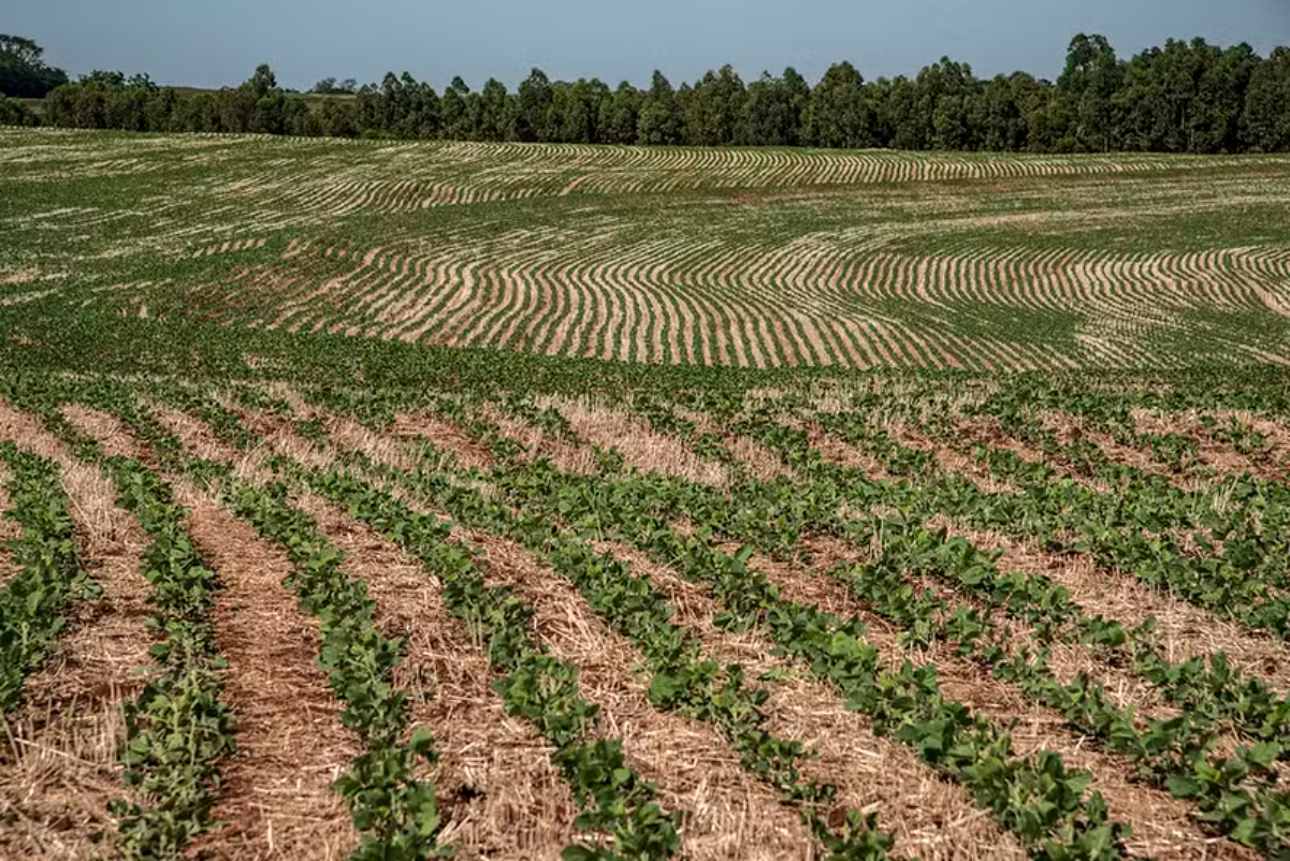The methodology is also expected to help reduce nutrient waste in beef cattle diets.
Cargill and Embrapa have announced a partnership to measure carbon emissions in beef cattle farming. The research will be conducted at Embrapa’s laboratory in Juiz de Fora, MG, using climate-controlled respiratory chambers.
In the medium and long term, this methodology is expected to also reduce nutrient waste in beef cattle diets, benefiting both productivity and animal health.
“Our technical support for reducing greenhouse gases has just reached an unprecedented level in terms of quality, innovation, and understanding of the sector’s needs,” said Pedro Veiga, Cargill’s beef technical consultant, in a statement.
According to Veiga, while other equipment exists on the market, climate-controlled respiratory chambers represent the latest advancement in emissions measurement, capturing a broader range of gas types. “We believe this is a game changer, raising the bar for measurement,” Veiga emphasized.
Individual Control
For Embrapa, this partnership will accelerate the development of science-based solutions. The climate control in the respiratory chambers allows researchers to individually test various ruminant diets in different regions of Brazil, providing a key advantage.
“Feed additives that mitigate enteric methane are an important strategy for high-efficiency production systems. Evaluating these inputs under local conditions is essential to ensure that the sector adopts the technology appropriately,” explained Thierry Tomich, leader of sustainable livestock production research at Embrapa Gado de Leite.





